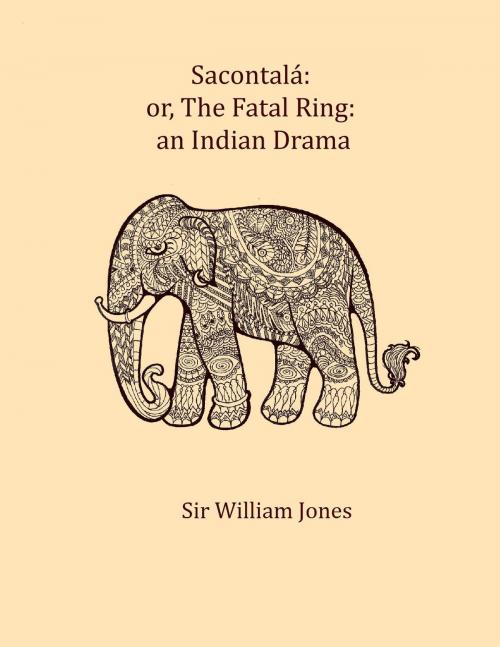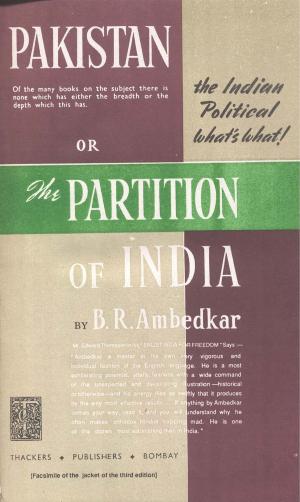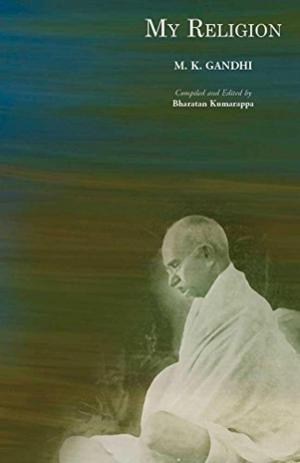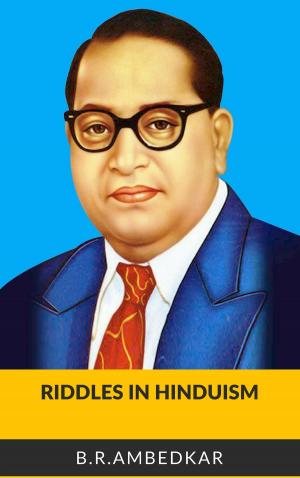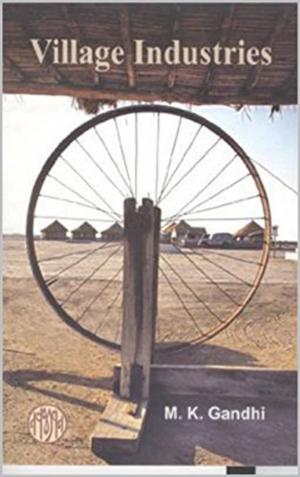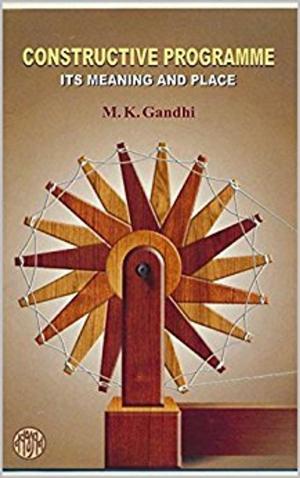| Author: | Kalidasa, Sir William Jones | ISBN: | 1230001978551 |
| Publisher: | Kar Publishing | Publication: | October 27, 2017 |
| Imprint: | Language: | English |
| Author: | Kalidasa, Sir William Jones |
| ISBN: | 1230001978551 |
| Publisher: | Kar Publishing |
| Publication: | October 27, 2017 |
| Imprint: | |
| Language: | English |
Sacontalá: or, The fatal ring: an Indian drama by Sir William Jones Shakuntala Poem written by Kalidasa translated into English by Sir William Jones Sir William Jones FRS FRSE (28 September 1746 – 27 April 1794) was an Anglo-Welsh philologist, a puisne judge on the Supreme Court of Judicature at Fort William in Bengal, and a scholar of ancient India, particularly known for his proposition of the existence of a relationship among European and Indian languages, which would later be known as Indo-European languages. He, along with Henry Thomas Colebrooke and Nathaniel Halhed, founded the Asiatic Society of Bengal in 1784. Shakuntala, also known as The Recognition of Shakuntala, The Sign of Shakuntala, and many other variants (Devanagari: अभिज्ञानशाकुन्तलम् – Abhijñānashākuntala), is a well-known[not verified in body] Sanskrit play by Kālidāsa, dramatizing the story of Shakuntala told in the epic Mahabharata. It is considered to be the best of Kālidāsa's works.[citation needed] Its date is uncertain, but Kālidāsa is often placed in the period between the 1st century BCE and 4th century CE.
Sacontalá: or, The fatal ring: an Indian drama by Sir William Jones Shakuntala Poem written by Kalidasa translated into English by Sir William Jones Sir William Jones FRS FRSE (28 September 1746 – 27 April 1794) was an Anglo-Welsh philologist, a puisne judge on the Supreme Court of Judicature at Fort William in Bengal, and a scholar of ancient India, particularly known for his proposition of the existence of a relationship among European and Indian languages, which would later be known as Indo-European languages. He, along with Henry Thomas Colebrooke and Nathaniel Halhed, founded the Asiatic Society of Bengal in 1784. Shakuntala, also known as The Recognition of Shakuntala, The Sign of Shakuntala, and many other variants (Devanagari: अभिज्ञानशाकुन्तलम् – Abhijñānashākuntala), is a well-known[not verified in body] Sanskrit play by Kālidāsa, dramatizing the story of Shakuntala told in the epic Mahabharata. It is considered to be the best of Kālidāsa's works.[citation needed] Its date is uncertain, but Kālidāsa is often placed in the period between the 1st century BCE and 4th century CE.
